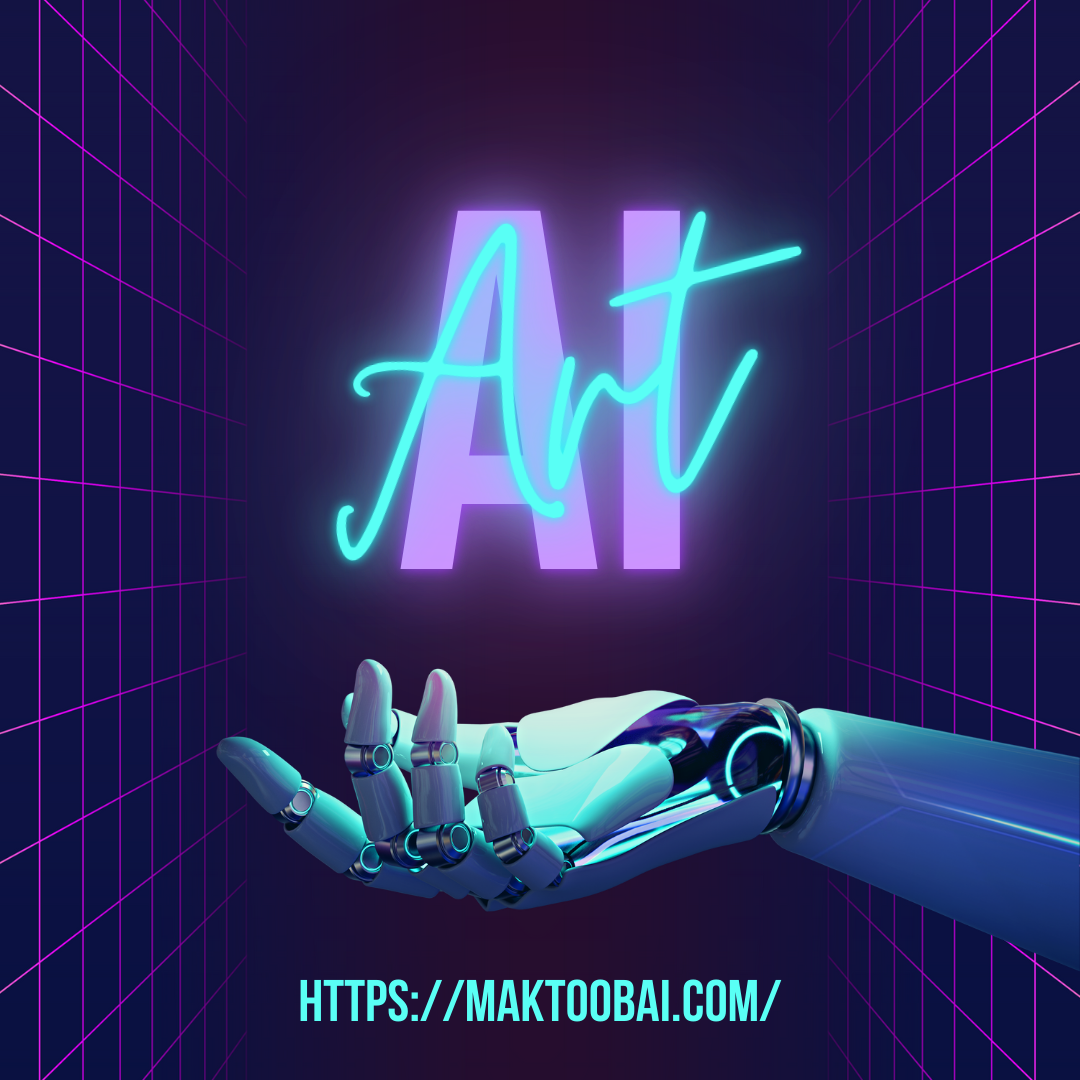Artificial Intelligence (AI) is reshaping education, and one of its most promising applications is in the realm of virtual tutoring. AI-powered virtual tutors are transforming how students receive personalized support, offering an alternative to traditional one-on-one tutoring that can be both costly and logistically challenging. Here’s a look at the role of AI in virtual tutoring and how it’s enhancing the learning experience for students.
1. Personalized Learning Paths
One of the significant advantages of AI-driven virtual tutors is their ability to provide highly personalized learning experiences. Unlike traditional classroom settings where instruction is often uniform, AI tutors can tailor lessons to the individual needs of each student. Platforms like Khan Academy and Socratic by Google use AI to assess a student’s strengths and weaknesses, then customize lessons and practice problems accordingly.
AI algorithms analyze data from students’ interactions, including their answers, the time taken to solve problems, and areas where they struggle. This information allows AI tutors to adjust the difficulty level of tasks and provide targeted practice in areas where a student needs improvement.
Impact:
Personalized learning paths ensure that each student receives instruction suited to their current level and learning pace, enhancing their overall comprehension and retention of the material.
2. Instant Feedback and Assistance
Traditional tutoring sessions often involve waiting for feedback from a tutor, which can delay the learning process. AI virtual tutors, on the other hand, provide immediate feedback on assignments and practice problems. Tools like Duolingo and Mathway use AI to offer real-time corrections and explanations, helping students understand their mistakes and learn from them instantly.
The ability to receive instant feedback allows students to correct errors as they occur, reinforcing learning and preventing the solidification of misconceptions.
Impact:
Instant feedback accelerates learning and helps students grasp complex concepts more quickly, fostering a more efficient educational experience.
3. 24/7 Availability
One of the limitations of traditional tutoring is the availability of tutors, which is often restricted by their schedules and time zones. AI-powered virtual tutors offer around-the-clock support, providing students with the flexibility to learn whenever it suits them. Platforms like Replika and MATHia are accessible 24/7, allowing students to receive help and practice at any time of day or night.
This constant availability is particularly beneficial for students with busy schedules or those who need additional support outside of regular school hours.
Impact:
24/7 availability ensures that students have access to educational resources whenever they need them, promoting continuous learning and study habits.
4. Scalability and Cost-Effectiveness
Traditional one-on-one tutoring can be expensive and may not be feasible for all students due to financial constraints. AI virtual tutors offer a more scalable and cost-effective solution. Once developed, AI tutoring systems can serve an unlimited number of students at a fraction of the cost of human tutors. Platforms like Woot Math and Elevate provide high-quality tutoring services at a lower cost, making personalized education more accessible to a broader audience.
Impact:
AI-driven virtual tutors lower the barriers to accessing quality education, making personalized support available to students regardless of their financial situation.
5. Adaptive Learning and Continuous Improvement
AI virtual tutors are designed to adapt and improve over time. As students interact with these systems, AI algorithms collect data on their performance and learning habits. This data helps refine the tutoring system, improving its ability to deliver accurate and effective instruction. For instance, DreamBox and Smart Sparrow use adaptive learning technologies to continuously adjust the content and teaching methods based on real-time data.
This iterative improvement means that AI tutors become more effective as they gather more data, leading to increasingly personalized and efficient learning experiences.
Impact:
Adaptive learning ensures that virtual tutors evolve to meet the changing needs of students, providing a more refined and responsive educational tool.
6. Support for Diverse Learning Needs
AI virtual tutors are equipped to support a wide range of learning needs and styles. They can be programmed to address different educational levels, from elementary to advanced topics, and can cater to various learning preferences. For example, Socratic provides explanations in multiple formats, including text, images, and videos, allowing students to engage with the material in the way that best suits their learning style.
Moreover, AI tutors can assist students with special needs by offering tailored resources and support. For example, AI systems can provide extra practice for students who require additional help or adjust the pace of instruction for those who need more time to grasp concepts.
Impact:
AI virtual tutors support diverse learning needs by offering a range of instructional methods and resources, ensuring that all students have the opportunity to succeed.
7. Enhanced Engagement through Interactive Features
AI virtual tutors often incorporate interactive features to make learning more engaging. Tools like Khan Academy and Grok Learning use gamification elements, such as rewards, progress tracking, and interactive challenges, to motivate students and make learning more enjoyable. These interactive features help maintain student interest and encourage active participation in the learning process.
Impact:
Interactive features make learning more engaging and enjoyable, helping students stay motivated and committed to their educational goals.
8. Data-Driven Insights for Educators
AI virtual tutors also provide valuable data-driven insights that can help educators track student progress and identify areas for improvement. By analyzing the data collected from students’ interactions with the AI tutor, teachers can gain insights into individual and group performance, identify common challenges, and adjust their teaching strategies accordingly.
For example, AI platforms like Edulastic and Knewton offer detailed reports on student performance, helping teachers understand which concepts students are struggling with and where additional support may be needed.
Impact:
Data-driven insights enable educators to make informed decisions about their teaching strategies, leading to more effective instruction and better learning outcomes.
Conclusion
AI-powered virtual tutors are revolutionizing the landscape of personalized education by offering flexible, cost-effective, and highly adaptive learning solutions. They provide instant feedback, support diverse learning needs, and enhance student engagement through interactive features. As AI technology continues to advance, virtual tutors will play an increasingly important role in providing quality, individualized education and supporting students on their learning journey.


